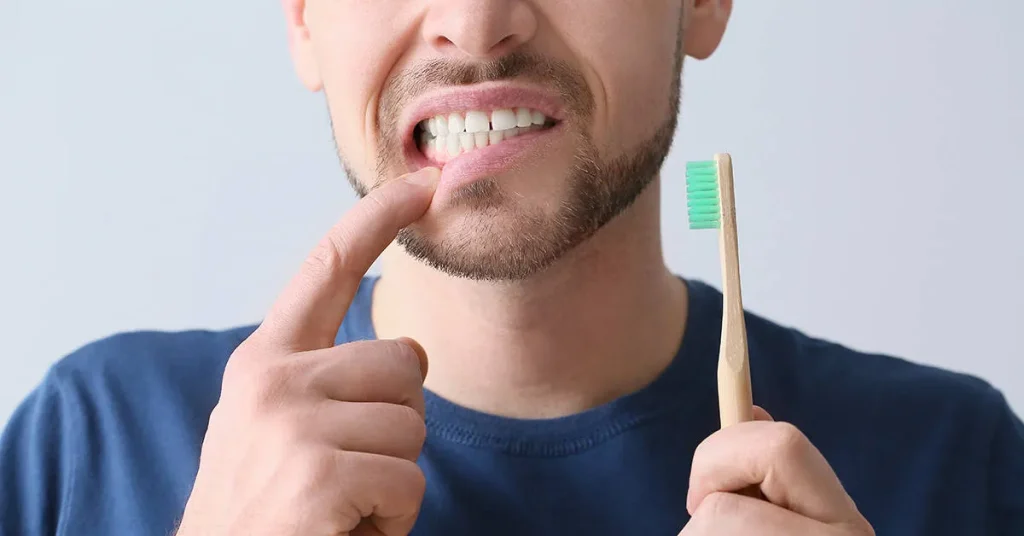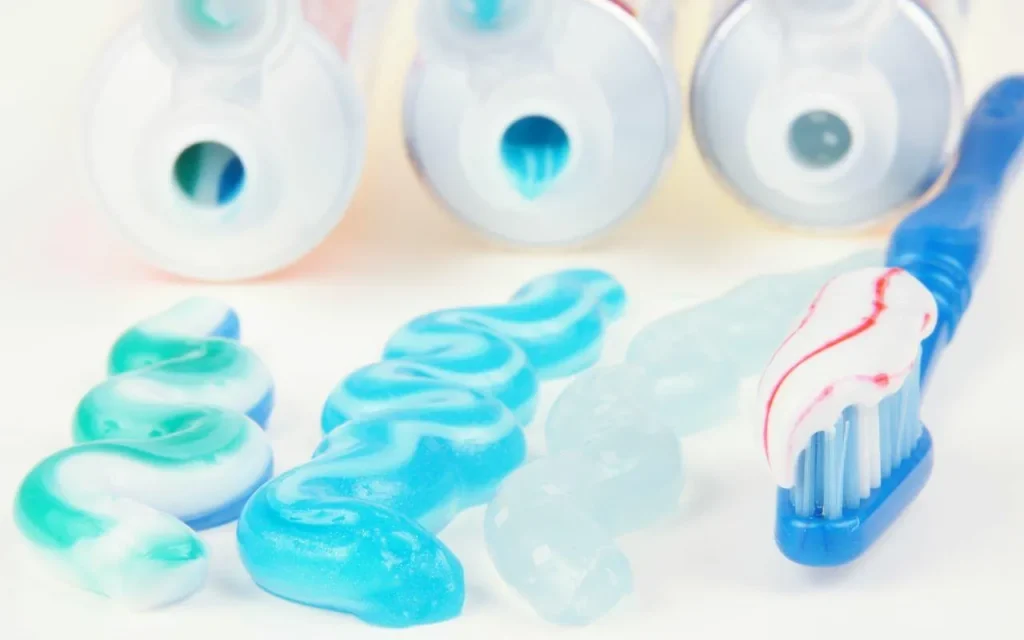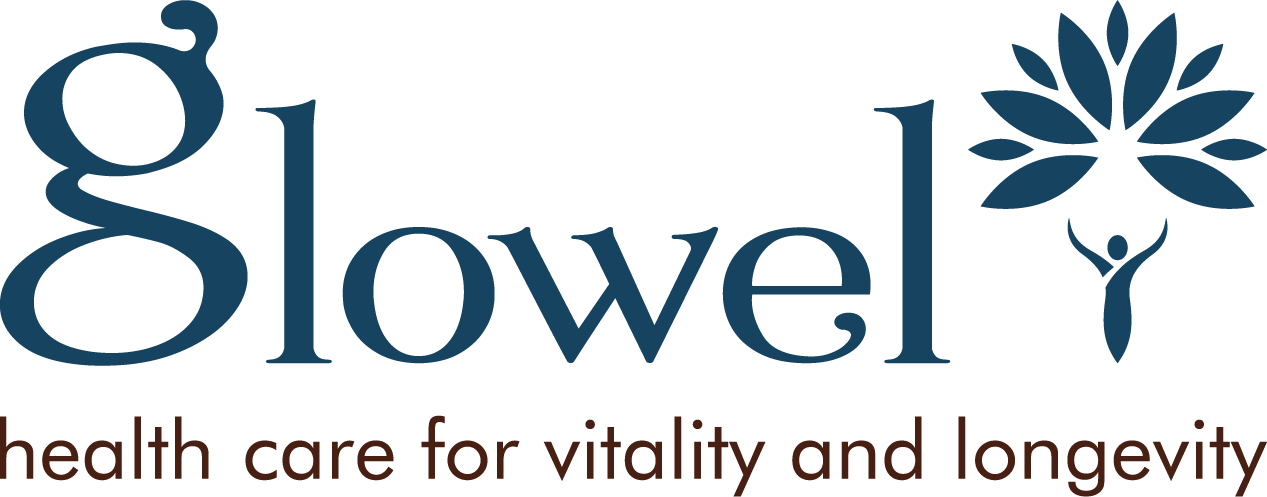Maintaining good oral hygiene is essential for a healthy smile and overall well-being. However, even those who brush and floss regularly can make mistakes that compromise their oral health. Some of these errors may seem minor, but they can lead to significant dental problems over time. In this article, we’ll explore the most common oral care mistakes and how you can correct them to keep your teeth and gums in top condition.
1. Brushing Too Hard
Many people believe that brushing harder results in cleaner teeth, but this is far from the truth. Brushing too aggressively can wear down tooth enamel and irritate your gums, leading to gum recession and enamel erosion over time.
Solution: Use a soft-bristled toothbrush and gentle strokes. Brush for the recommended two minutes without applying excessive pressure. Switching to an electric toothbrush with a pressure sensor can also help ensure you’re not brushing too hard.

2. Not Flossing Regularly or Correctly
Flossing is crucial for removing food particles and plaque from between your teeth, yet many people skip this step or floss incorrectly. Without proper flossing, you increase your risk of plaque buildup and gum disease, which brushing alone cannot address.
Solution: Floss daily and use the correct technique. Wrap the floss around each tooth in a C-shape and gently slide it under the gum line to remove debris. If traditional flossing is difficult, consider using interdental brushes or water flossers for convenience.
3. Using the Wrong Toothpaste
Choosing toothpaste based on flavor or packaging without considering your specific dental needs can be a mistake. Toothpastes are formulated to address various concerns, such as sensitivity, whitening, or plaque control. Using the wrong one may not provide the benefits your teeth require.
Solution: Select toothpaste based on your individual needs. For cavity prevention, use fluoride toothpaste to strengthen enamel. For sensitive teeth, opt for toothpaste containing potassium nitrate. If whitening is your goal, be cautious with abrasive formulas that may erode enamel over time. Always look for the ADA seal of approval to ensure the product is safe and effective.

4. Skipping Tongue Cleaning
The tongue harbors bacteria that can contribute to bad breath and other oral health issues. Yet, many people overlook cleaning their tongue as part of their daily oral hygiene routine.
Solution: Make it a habit to clean your tongue each time you brush. You can use a tongue scraper or your toothbrush to gently remove the biofilm that builds up on the surface. This simple step can significantly reduce halitosis and improve overall oral hygiene.
5. Not Changing Your Toothbrush Often Enough
Using the same toothbrush for too long is a common mistake. Over time, the bristles wear down and become less effective at cleaning your teeth. A worn-out toothbrush can also harbor bacteria, which affects your oral hygiene.
Solution: Replace your toothbrush or electric toothbrush head every three months or sooner if the bristles become frayed. Additionally, change your toothbrush after illness to avoid reintroducing bacteria into your mouth.
6. Brushing Immediately After Eating
Brushing right after a meal, especially after consuming acidic foods, can damage your enamel. Foods like citrus fruits, soda, and coffee temporarily soften your enamel, making it more vulnerable to erosion when you brush too soon.
Solution: Wait at least 30 minutes after eating before brushing your teeth. This allows your enamel to remineralize. In the meantime, rinse your mouth with water to neutralize acids and clean away food particles.
 7. Ignoring Gum Health
7. Ignoring Gum Health
While many people focus on brushing their teeth, they often neglect their gums. Healthy gums are the foundation of a healthy mouth, and ignoring signs of gingivitis or gum disease can lead to serious oral health issues, including periodontitis.
Solution: Pay close attention to your gums during your oral care routine. If you notice bleeding gums or inflammation, these could be early signs of gum disease. To support your gum health, consider adding Gingival Pro+ mouthwash from Glowel Healthcare to your routine. Its main ingredient, Chlorhexidine Digluconate 0.2%, helps prevent the growth of microorganisms from biological plaque, effectively protecting your teeth and preventing gingivitis.
What makes Gingival Pro+ stand out is its blend of natural extracts:
- Roman Chamomile Extract: Soothes and relieves pain while reducing inflammation and promoting healing.
- Green Tea Extract: Fights plaque, reduces bad breath and provides antibacterial and antioxidant benefits.
- Aloe Leaf Extract: Cools, soothes, and accelerates wound healing.
By using Gingival Pro+, you not only prevent tooth decay but also provide intensive care for gum problems, making it an ideal solution after periodontal surgery or in cases of excess plaque buildup. If symptoms persist, consult your dentist for further evaluation, but incorporating Gingival Pro+ can be a proactive step in maintaining excellent gum health.
8. Not Using Mouthwash or Choosing the Wrong One
Mouthwash is often overlooked or used incorrectly. Many people don’t know which type of mouthwash is best suited to their needs. While some mouthwashes simply freshen breath, others contain fluoride or antibacterial agents that can help prevent cavities and gum disease.
Solution: Incorporate mouthwash into your daily routine, especially if you’re looking for extra protection against plaque and cavities. Choose a fluoride rinse for cavity prevention or an antibacterial mouthwash to fight gum disease. Avoid mouthwashes with alcohol, as they can dry out your mouth and worsen bad breath.
9. Skipping Regular Dental Checkups
Even with the best oral hygiene routine, skipping regular dental checkups can lead to undetected problems. Dentists can spot early signs of tooth decay, gum disease, or oral cancer before they become serious issues. Professional dental cleanings also remove tartar that brushing and flossing cannot.
Solution: Schedule a dental checkup every six months to maintain optimal oral health. Regular visits allow your dentist to catch problems early, saving you from more extensive treatments in the future.
>>See more:
Absolute Ice Total Care 6in1 Mouthwash
In Conclusion
Making small mistakes in your oral care routine is more common than you might think, but with a few adjustments, you can easily improve your oral health. By brushing gently, flossing properly, using the right toothpaste, and keeping up with regular dental checkups, you can avoid these common pitfalls and maintain a healthy, beautiful smile. Take control of your oral care routine today and start by making these simple changes for a lifetime of healthier teeth and gums.

